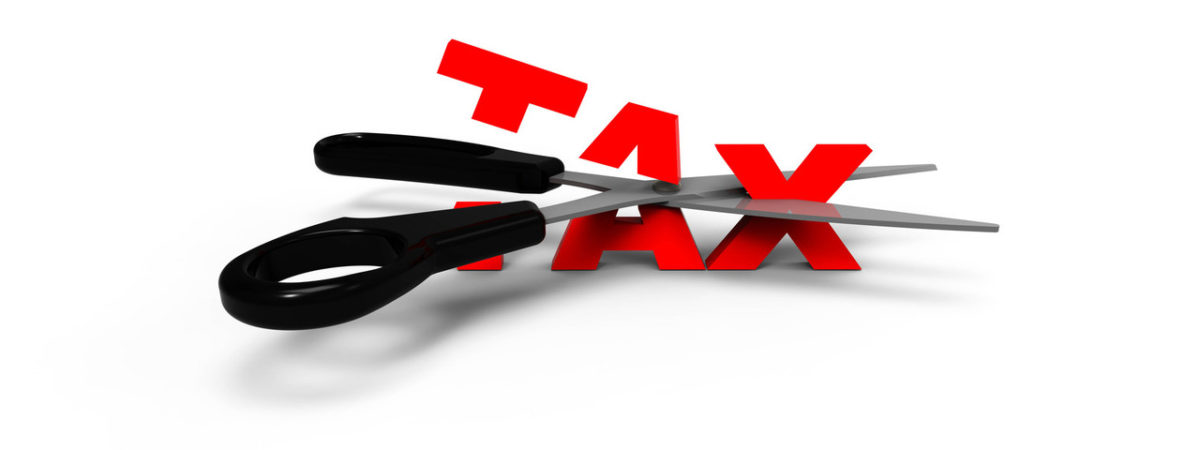The economics of soda taxes
SUGGESTED



Their argument runs as follows. Obesity is a growing health problem in many countries. It is caused by calorie consumption exceeding calorie expenditure over a long period of time. Sugary soda drinks are a significant source of energy, with the average American consuming 154 calories per day from them, amounting to 6.9% of their total calorie intake.
The law of demand dictates that, all else being equal, higher prices lead to fewer sales. Assuming that a tax on soda leads to less soda being consumed – and that individuals do not compensate by consuming more calories from other sources – fewer calories will be consumed and the number of people who are obese will decline.
But why should the government get involved at all? Isn’t it up to individuals to decide whether the pleasure of consuming sugary drinks outweighs the risk of putting on weight? And isn’t it unfair to introduce a tax that will hit people on low incomes harder than those on high incomes? The authors, Allcott et al., answer these objections in two ways. Firstly, they say that obesity creates healthcare costs which are paid, in part, by people who are not obese. This is a ‘negative externality’ of the kind that economists often address with taxation. They calculate how much of the cost is pushed onto third parties and then raise prices by that amount, thereby forcing consumers to bear the full cost of their preferences. As a result of the tax, obesity-related costs will decline, and the government will have more money to spend on healthcare.
Secondly, Allcott et al. argue that sugary drinks lead to health problems in the future which the consumer does not fully account for. If individuals had a better understanding of the risks, they would consume less soda. There is a limit to how much education can address this failure of reason (which, the authors say, is more common further down the socio-economic ladder), so taxation is needed to bring patterns of consumption in line with the public’s true long-term preferences. Because people on low incomes are the least well-informed, they will benefit most from having their behaviour modified by the tax. In this way, it can be argued that soda taxes are only “regressive” in a narrow, financial sense, but progressive in a broader sense.
This chain of reasoning is logical, but fragile. If any of the assumptions are wrong, the argument collapses. For example, is it really a fact that people on low incomes over-consume soda because they are ignorant of the risks and lack self-control? It is true that they tend to be less well educated, but it is not irrational for people who have a low standard of living to put a lower value on future years of life than the rich. If their objective is to maximise wellbeing, they may not be ‘over-consuming’ at all.
Furthermore, it cannot be assumed that obesity is a net burden on the healthcare system. A study from the Netherlands found that lifetime healthcare costs of an obese person are significantly lower than those of a non-obese person – for the macabre reason that they have fewer years in which to use the health system. Allcott et al. themselves acknowledge that “obesity appears to cause people to die earlier, reducing the amount of Social Security benefits that obese people will claim”.
For a soda tax to work, people must respond to incentives in a predictable way. In practice, however, they behave in various ways which undermine the ostensible purpose of the tax. A decade of empirical research has been unable to show any impact from soda taxes on obesity and remarkably little impact on calorie consumption – or even on soda consumption. Several studies have found that people compensate for drinking fewer sodas by drinking more milkshakes, fruit juice and alcohol. In the US cities of Berkeley, Oakland and Philadelphia, consumers avoided the tax by shopping out of town and did not reduce their soda intake. In Mexico, Chile and several US states, there was no discernible change in the number of sugary drinks purchased, which suggests that consumers took the price rise in their stride and made modest cuts in other parts of the household budget instead.
The experience in the United Kingdom has been somewhat unusual. Here, a two-tier system has one rate of tax for drinks which have more than 5mg of sugar per 100ml, and a higher rate of tax for those with more than 8mg of sugar per 100ml. This was designed to encourage manufacturers to reduce sugar content. Partly as a result of pressure from government, several companies took the original versions of top selling brands off the market, replacing them with low-sugar or zero-sugar alternatives. This has not gone down well with consumers. Sales of Lucozade fell by 8.4% after it was reformulated and the makers of Irn-Bru, which had its sugar content more than halved, issued a profit warning in July 2019 after sales declined. Consumers have protested against the changes, with some buying original bottles at hugely inflated prices on the secondary market. None of this suggests that the tax has helped the market to function better. Quite the reverse.
With cash-strapped governments increasingly turning to soda taxes to raise revenue, more empirical evidence on their impacts will emerge. The evidence to date shows that consumers change their behaviour in several ways, but rarely in the way required for the taxes to have the effect desired by health campaigners.
4 thoughts on “The economics of soda taxes”
Comments are closed.





Selective use of stats Lucozade and Irn Bru data is more than 10 months out of date, but the smug author feels no obligation to update them while ‘picking apart’ the economics of credible research.
The anonymous commenter interprets facts from the recent past with ‘out of date’ information. The collapse of AG Barr’s share price following the recipe change was an important and telling incident. It is not as if it has suddenly bounced back. It initially fell from 869p to 623p. As I write this, it is 548p.
I don’t know what other Lucozade stats are being alluded to. It’s a shame the commenter didn’t provide them.
From the above arguments, it is in the interest of the state to encourage the consumption of soda. They will earn more Income in a form of consumption taxes and less pressure on social amenities as a result of obese people dying early.
Making less demands of the health and social security system…., why do they care then?
Public health is full of people who cannot separate their own good intentions from the actual effects of the policies they advocate: they inhabit a moral universe and not an empirical one.